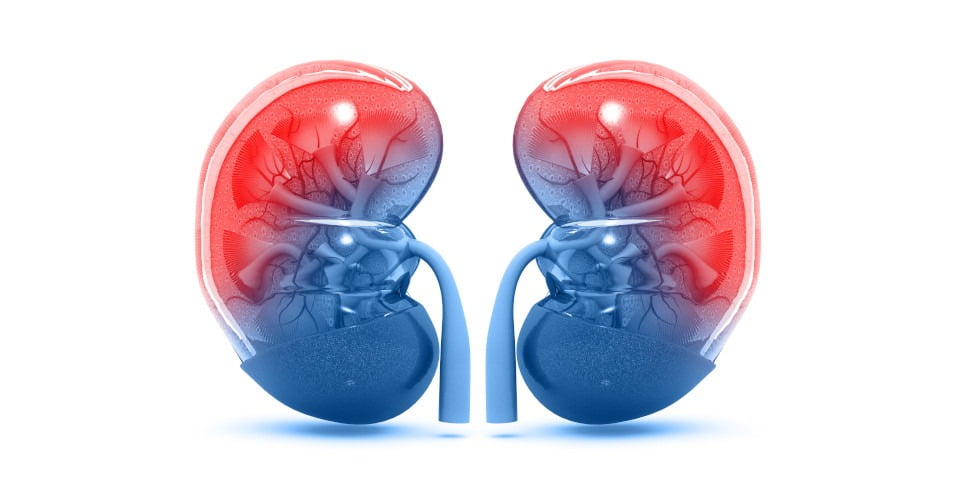People needing lifesaving renal dialysis in remote areas may benefit from the additional $34.8 million committed to fund end-stage kidney disease treatment.
The four-year commitment is intended to help ensure patients – in particular, Aboriginal and Torres Strait Islanders (ATSIs) – receive the necessary critical care, when and where they need it.
The government statement says the rollout is intended to support more dialysis in country and remote locations, with the service to be provided by registered nurses, Aboriginal health workers or Aboriginal and Torres Islander health practitioners. Organisations providing the service will receive $592 per individual dialysis treatment.
According to the statement, First Nations people have substantially higher rates of end-stage kidney disease but are less likely to receive kidney transplants. Of the almost 2,000 First Australians registered for ongoing kidney replacement therapy, as at December 2016, only 13 per cent had received transplants. By comparison, of the other Australians undergoing treatment for end-stage kidney disease, almost half had received kidney transplants.
This new investment in dialysis services is one of almost 200 new, amended or restructured Medicare Benefits Schedule items now available.
Earlier this year, the government provided the Transplantation Society of Australia and New Zealand with $250,000 to lead a comprehensive review into the hurdles, service gaps and practical challenges faced by ATSIs receiving treatment for renal disease.
The statement says the government is also funding the $25 million expansion of Purple House’s renal clinics in Central Australia. This should take the number of remote dialysis machines from 36 to 54 and increase the remote patient group from around 250 to more than 400.








